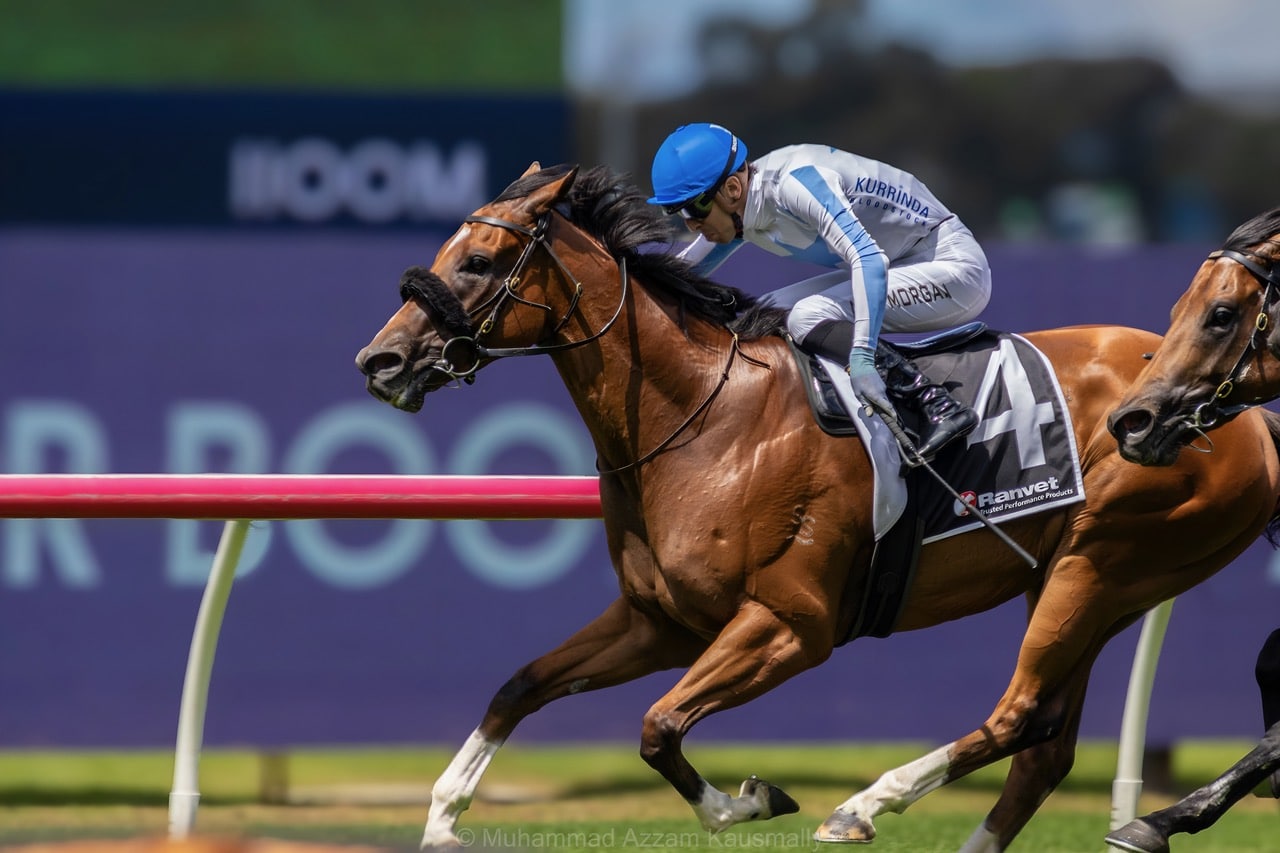

Jockey Career Path:
Fundamentals and Learning for a Jockey:
Speed and Danger for a Jockey:
Safety Measures for a Jockey:
Importance of Proper Training for a Young Jockey:
Pressure on a Jockey:
Average Jockey Weight and Earnings:
Life After Retirement for a Jockey:
Prominent Australian Jockey through the years:
Racehorse Syndication and the Jockey Connection:
In conclusion, becoming a jockey involves rigorous training, a commitment to safety, and continuous improvement. Jockeys face immense pressure, but with proper mentorship, dedication, and skill development, they can have successful and fulfilling careers in the horse racing industry.
https://kbloodstock.com.au/available-horse-racing-syndicates/


PO Box 3105 Thornton NSW 2322

G1 Winning Horse Racing Syndications
BSA Supps Pty Ltd trading as Kurrinda Bloodstock is an authorised representative (No. 001285134) of Stable Connect Ltd (AFS Licence No. 336964)
Private Harry is in elite company to be one of the only 3yo’s since 2013 to win a G1 against open age horses in his first 5 starts #rare #rarecompany #freak #athlete #athletes #horses #horse #horsesofinsta #racehorse #racehorsesyndicate #racehorses_of_instagram #happy #healthy #awards @sportsbetcomau #colt #colts #follwme #follower

Written Tycoon colt having a three week let up before returning to @thefreedmans #horse #horses #horseshow #horseshowlife #horsesofinsta #horsestagram #racehorse #racehorseownership #racehorsetrainer #racehorsephotography #follow #followmyjourney #photo #photos #photographer #photography #farm #farmlife

Episode 27 of Off “N” Racing is now live on Spotify as we sat down with two former wallabies Morgan Turinui and Cameron Shepherd to talk things racing and rugby @wallabies @mturinui @rugbycomau @spotifyaunz #horses #racehorse #horse #racehorses #photo #followers #following #farm #follow #racehorsesofinstagram

Open Day/Yearling parade not too far away - 20th July so make sure you can RSVP office@kbloodstock.com.au #horses #horse #racehorse #racehorses #follower #athlete #followme #athletes #happy #healthy #openday #open #opendays #horseracing #horseracingphotography #horseracingpredictions

Private Harry whilst spelling at our farm 👌 #horse #horses #racehorse #racehorses #horsesofinsta #horsesofig #athlete #colt #colts #happy #healthy #follower #following #horsetraining

#reel #horses #racehorse #horse #racehorses #photo #followers #following #farm #follow #racehorsesofinstagram #horsesofinsta #happy #healthy #video #racehorses #trainer #athlete #athletes #reels #reelinstagram❤️ #reelkrofeelkro❤️

Our Tagaloa x Time Is Precious filly going through her educational paces @g.p.training #horses #racehorse #horse #racehorses #photo #followers #following #farm #follow #racehorsesofinstagram #healthy #happy #photo #video #vídeo

Kurrinda Bloodstock director Sean walking State Secret to a fresh paddock yesterday #horse #horses #races #horserace #horseracingau #horseraces #racehorse #racehorseownership #racehorses🏇 #photo #photographer #photoshoot #photos #followers #following #follower

Super Norwest getting the job done @australianturfclub underneath @braith_nock7 with a 10/10 @mjdaleracing #horse #horses #racehorse #racehorses #follow #photo #photos #happy #healthy #racehorses🏇
